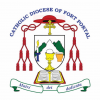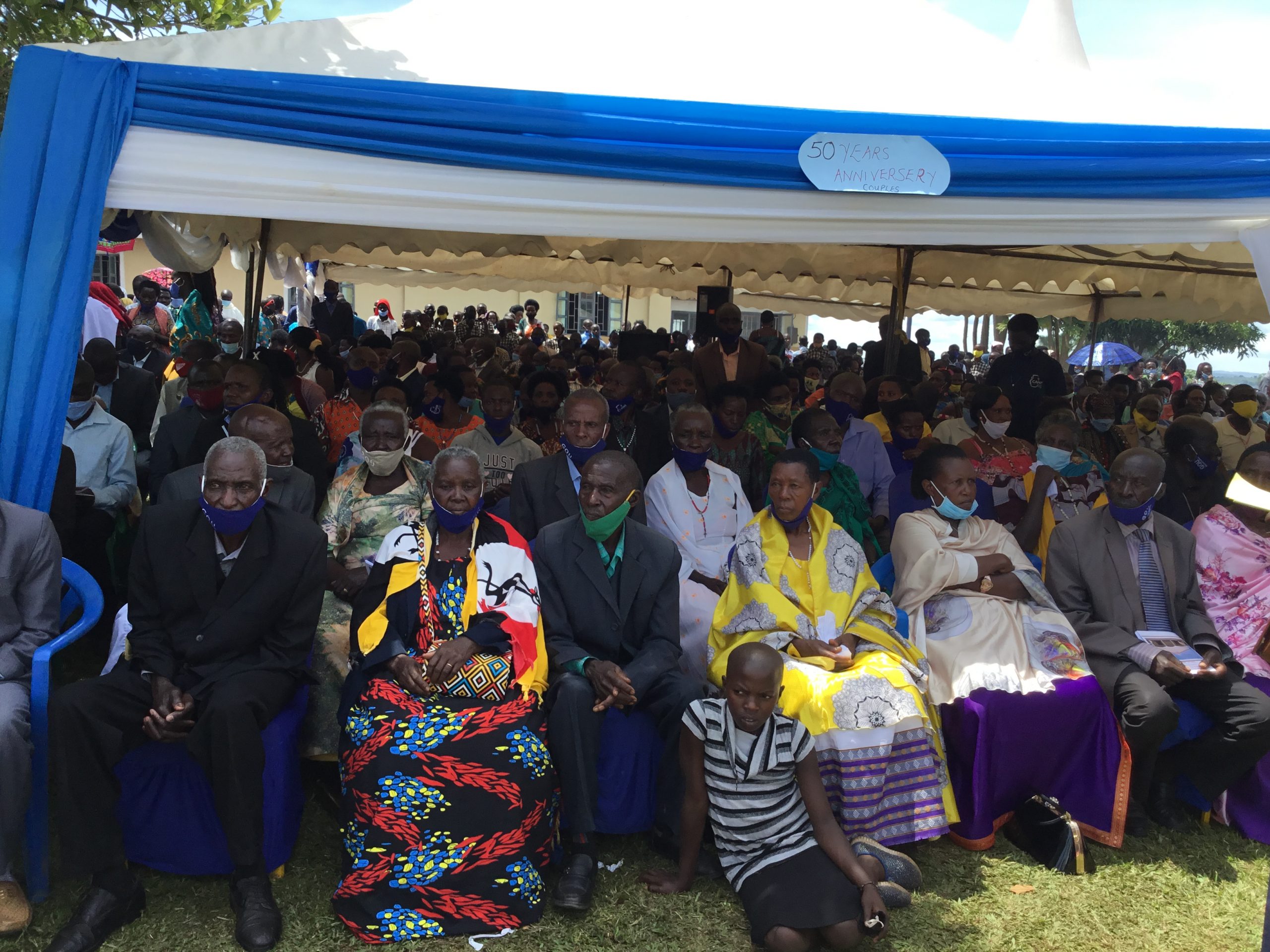The commission for the laity
INTRODUCTION
The commission for the laity sounds new and yet it is deeply rooted in the historical development of the Church right from the time of the Apostles. The New Testament highlights a number of evangelical support and contributions from laymen and women to Jesus (Luke 8:1-3) and to Paul (Acts 18).
Also, Vatican Council II affirms that the role of the laity is rooted in their status as baptized children of God, and sent missionaries of the Church. The baptized share in the threefold offices of Jesus Christ as Priests, Kings and Prophets in order to sanctify themselves and bring salvation to the whole world. Practically, the sacraments (more so baptism and confirmation) empower the laity to bear witness in their families, neighborhoods; societies, and the entire world.
The Church has encouraged this form of evangelization for many years. Particularly, the Fort Portal diocese has spread this good news through various commissions including the Pastoral, Resource, Health, Social Communication, etc. More importantly, several diocesan synods have for several years emphasized Lay Apostolic Movements as instruments of catechesis and the ongoing formation, which forester the spirituality of the laity.
However, a gap has been identified whereby: Many of the learned and working Catholics do not actively participate or belong to these apostolic movements. Besides, families and marriages are increasingly becoming unstable; capable Catholics are not assertive enough to actively participate in the ministry of political leadership. This is partly due to a misconception that politics in Uganda is a dirty game that follows neither ethics nor gospel values. Equally, many lay apostolic movements need a renewal of their charism, missions, and objectives.
Also, researches in some dioceses show that Catholic associations (for Men, Women, and Workers) that distinguished themselves from the spiritualties of lay apostolic movements ended up putting materialism at their center, leading to their collapse.
It is with this little background of increasing moral and spiritual decadency among Catholic families, leaders, Catholic institutions, and associations that a new commission for the laity has been established. The new commission is resulting from a realization that the current commissions in the Fort Portal diocese are not fully responding to the needs of the laity in our time.
2.0 PURPOSE FOR THE COMMISSION FOR THE LAITY
Therefore, the commission for the laity aims at mobilizing, re-catechizing, and orienting the faithful of the Fort portal diocese towards embracing the spirituality of lay apostolic movements, the social teachings of the Church, and the ministry of civil leadership.
3.0 DESCRIPTION OF THE COMMISSION FOR THE LAITY
The commission will comprise the following desks:
- Lay Apostolic Movements
Movements like the Legion of Mary, CC-Renewal, Yuda Taddeo, Bakaiso, etc.
2. Marriage and Family Apostolate
To be spearheaded by the leadership of Cana
CANA to help establish apostolates for Men, Women, Children, Elderly and Special groups
3. Leadership Apostolate
Comprise of Catholic Political leaders:
Leaders like Members of Parliament, L.C. leaders, Political aspirants
4. Catholic Professionals
Apostolate to associations like Teachers, Doctors, Nurses, Business people, etc.
The Goal of the Commission
To enable all Catholics of Fort Portal Diocese to have a continuous ongoing catechesis, and to create more avenues for the involvement of the laity in the diocesan works of evangelization.
The Objectives of the Commission for the Laity
- To Establish and Popularize the Commission for the laity so that it can be known, loved, and supported in and beyond Fort Portal Catholic Diocese (1st & 2nd Year -2021)
- To mobilize and re-catechize the Elite Catholics (Political leaders, Catholic workers & Professionals) of Fort Portal Catholic Diocese (1st, 2nd & 3rd Year – 2021/ 2022)
- To foster the synodal resolution of leading the Fort Portal diocese towards the economic self-sustainability (2nd & 3rd Year – 2022/2023)
- To help families and individual Catholics embrace the spirituality of the lay apostolic movements for their own renewal and for the sanctification of others (1st, 2nd & 3rd Year – 2021 /2022 /2023)
METHODOLOGY
The commission will establish leadership structures throughout the diocese. That is:
- A director of the Commission for the Laity
- A Director shall be appointed by the Bishop of Fort Portal diocese
- A Director shall be supervised by the Vicar General.
- Shall set up the office
- Shall set up a concept with goals, objectives, and a strategic plan for the Commission
- Shall establish Commission structures in the whole diocese
- A general Secretary and a general mobilizer
- Shall be nominated by the Commission director
- Shall be appointed by the Vicar general/ Bishop (Employed)
- Shall be supervised by the commission director
- Shall assist the director in mobilizing and coordinating the various works, workshops, and reports of the diocesan chaplains or other leaders
- Shall oversee the implementation of the Commission’s strategic plan
- Diocesan chaplains or heads of departments
- Their appointment or election shall be as it is currently.
- They shall comprise diocesan leaders of the following groups: Family Apostolate (Cana): Catholic Men, Women, Children, Elderly; Justice and Peace; and Lay Apostolate Movements.
- Shall be supervised by the Commission director
- Shall submit a report and work plans to commission office
- Besides, the commission shall have leaders (coordinators) on parish and sub-parish levels.
- Some of these leaders could be appointed due to their expertise and special abilities


